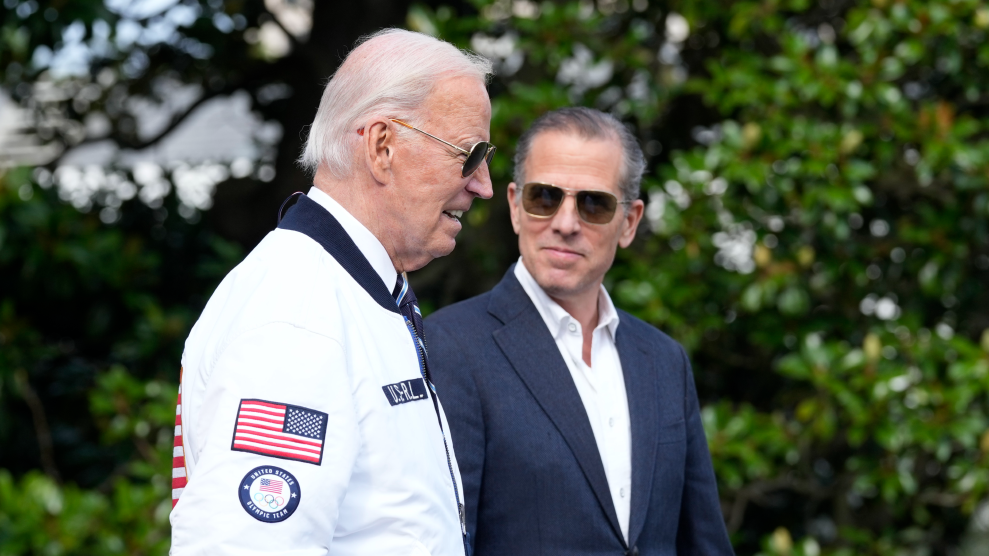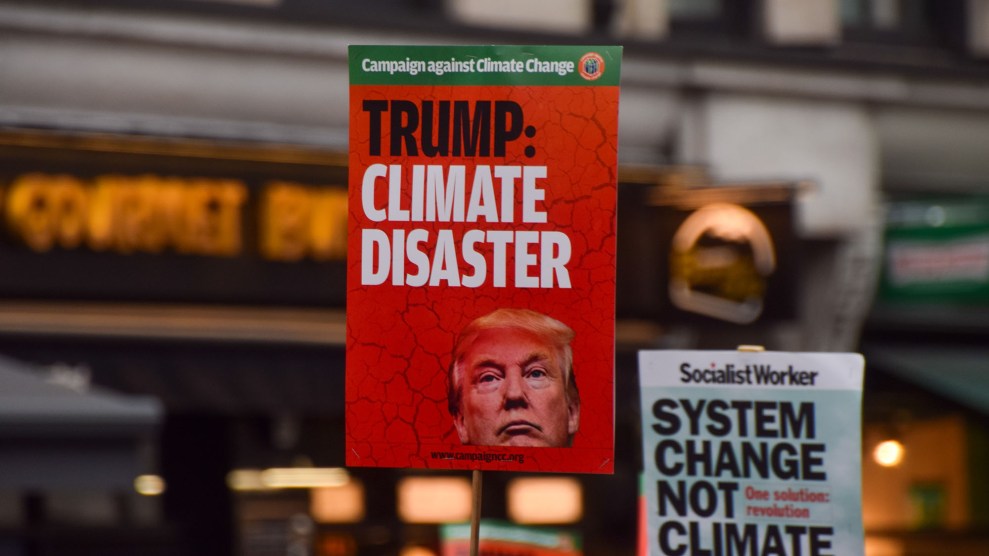Campaigns to ban imports of child-made products don’t always produce the effects activists intend. In 1992, under pressure from U.S. activists and politicians, Bangladeshi garment factories (which send 60 percent of their exports to the U.S.) fired about 50,000 of their child workers. UNICEF researchers found the children in other — often more dangerous — jobs, including prostitution. More recent campaigns have tried to link bans on child labor to follow-up programs. In 1995, Bangladeshi clothing manufacturers pledged not to hire children and to contribute money to schools for former workers; last year, Pakistani carpet manufacturers adopted a similar plan. Whether or not those plans are implemented remains to be seen, but the “Rugmark” label on rugs from Pakistan, India, or Nepal signifies that the manufacturers are committed to a child-free workplace, are independently inspected, and contribute funds to support the education of about 1,500 children.















